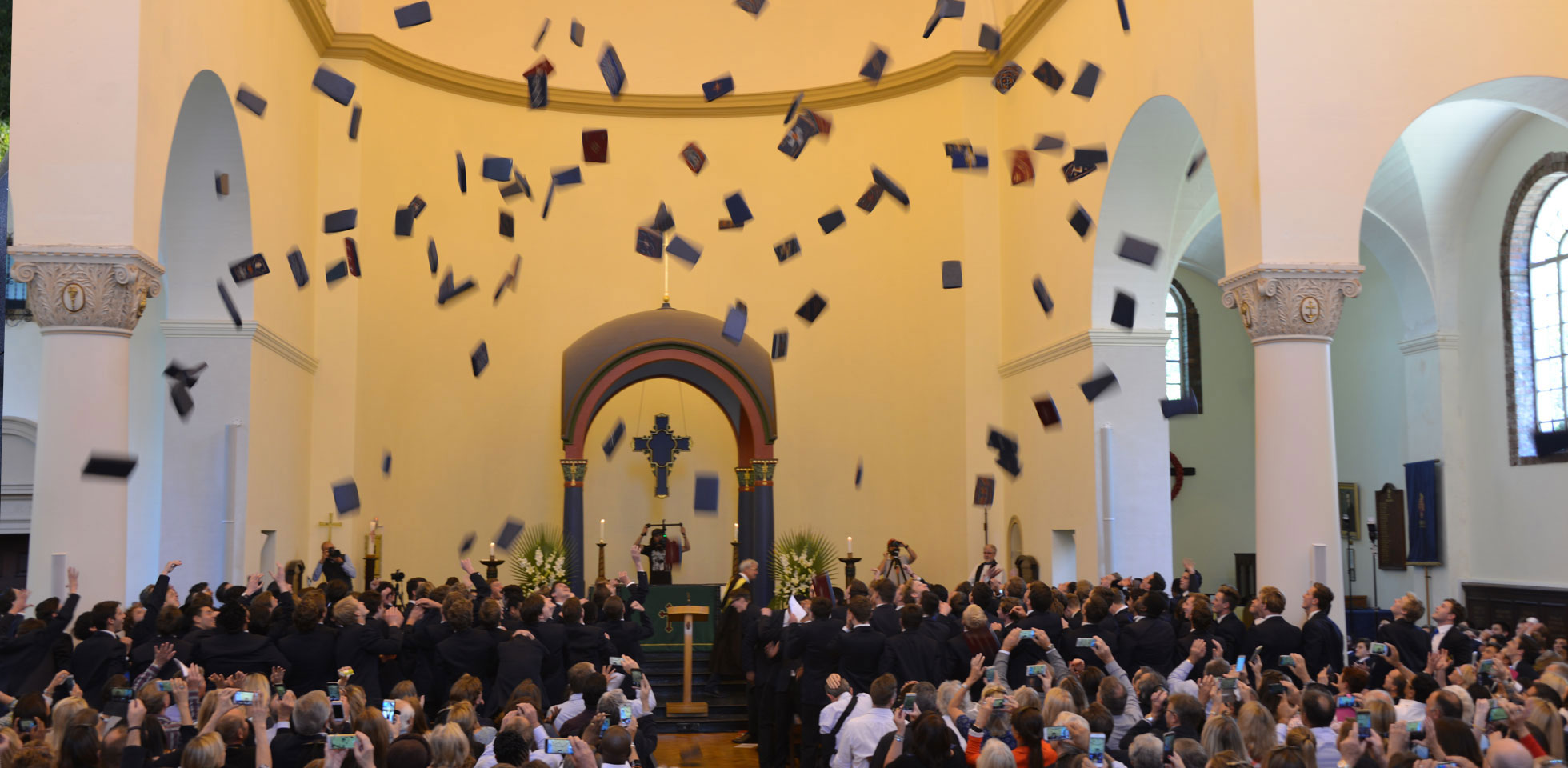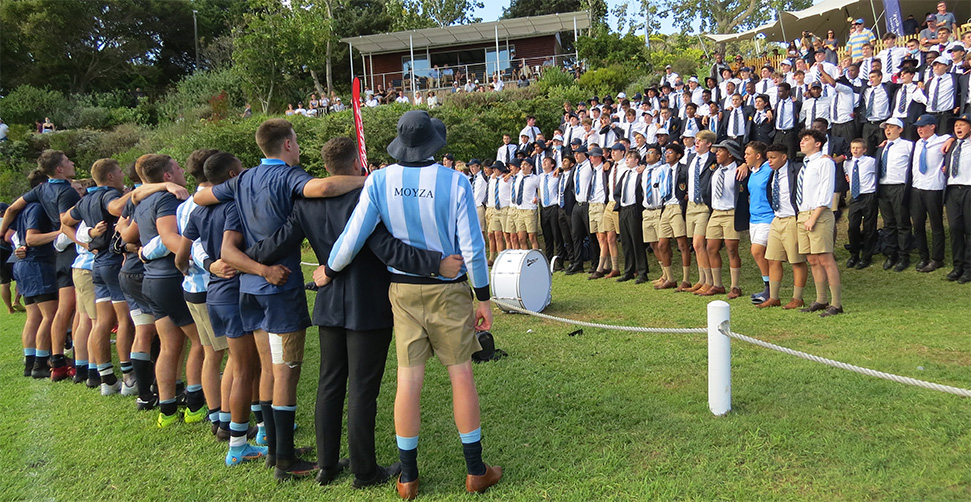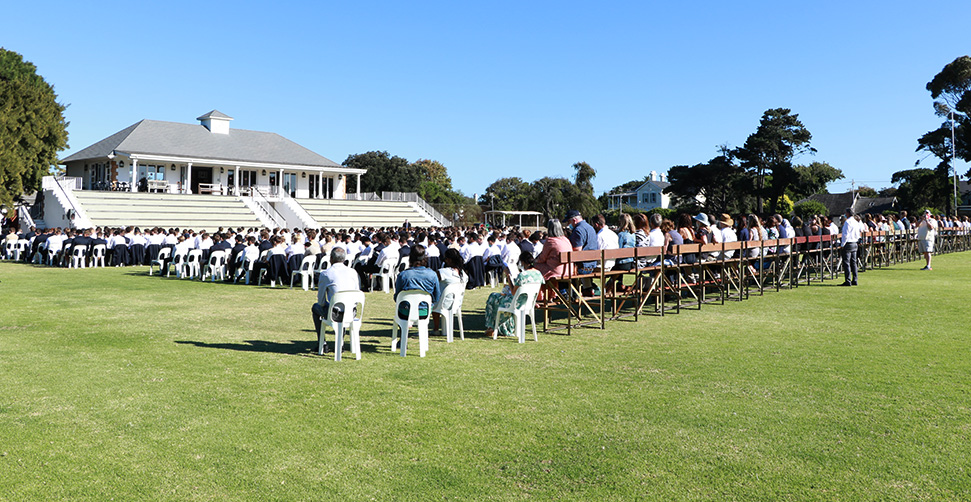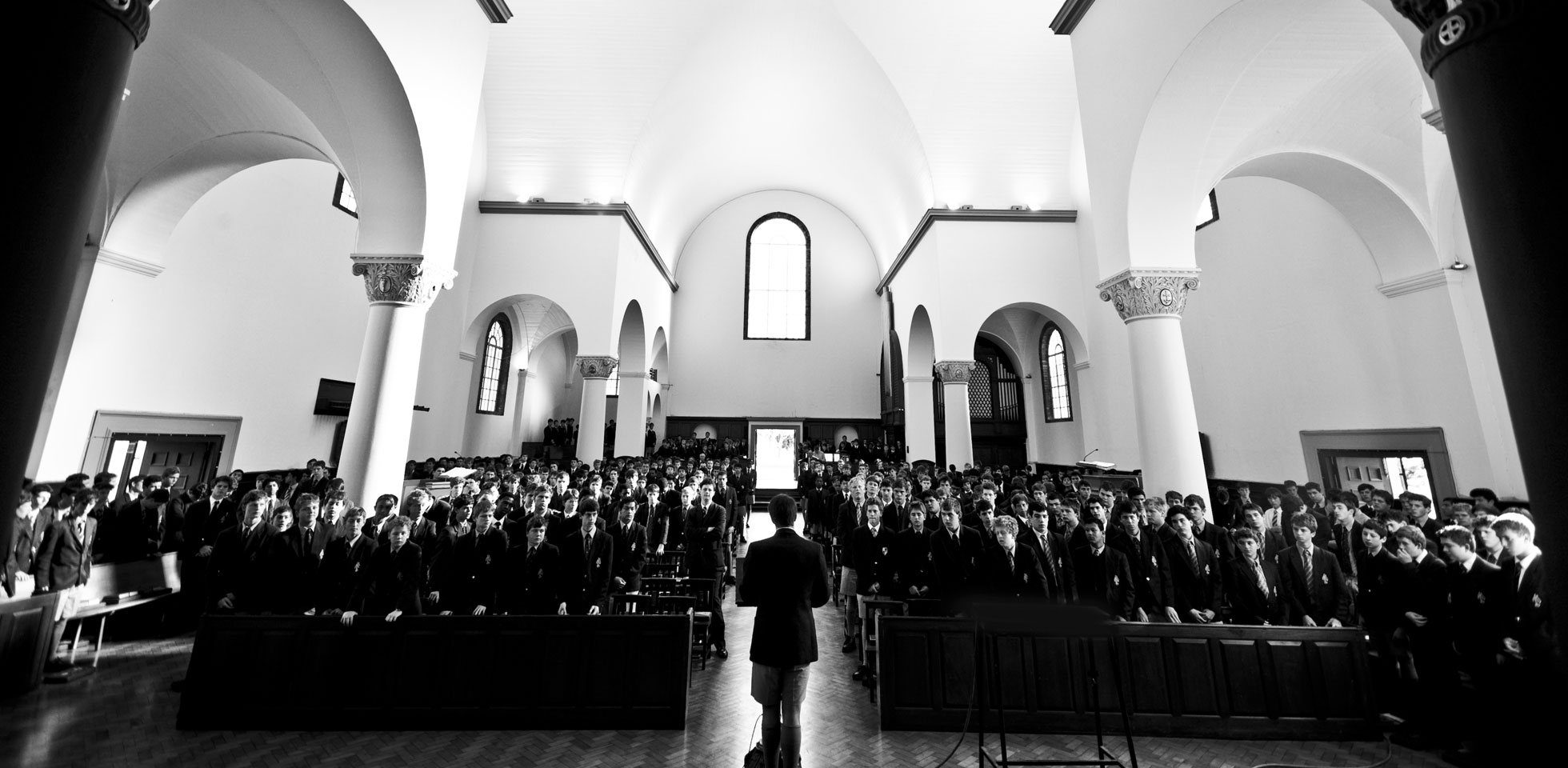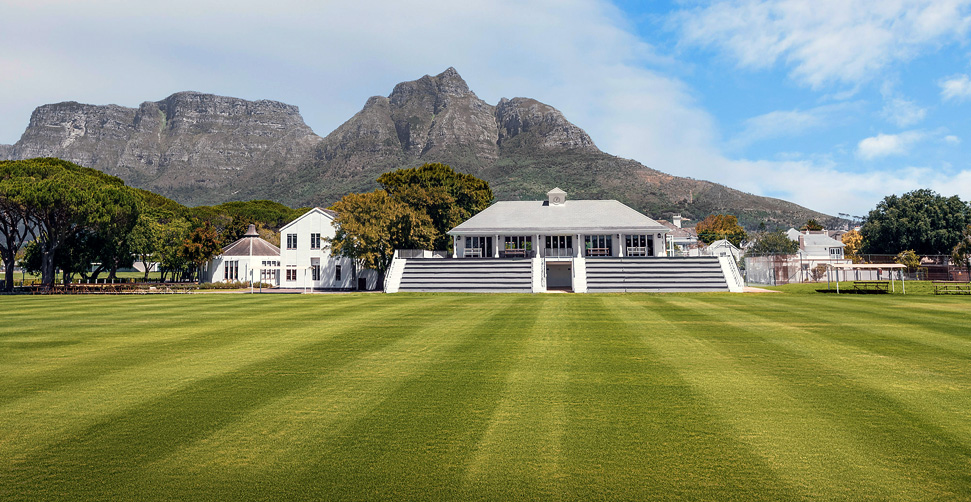Music
Arts and Culture: Music
The learning area Arts and Culture is divided into four separate pathways, and all students are required to choose one of them. Music is one of the four and is offered as two different options. Music I may be continued to Grade 12, while Music II is only offered until Grade 9.
Music I is available only to students who have completed Grade 2 level on their instrument of choice and Grade 1 level in theory. Each student is required to have one-hour lessons each week on their instrument (30-minute lessons for voice), charged at only 50% of the normal cost for music lessons. The academic component includes theory and aural lessons. Students will write the external Grade 5 ABRSM theory exam in their Grade 9 year.
Practical and written exams take place in June and November; the practical exam counts 50% of the total mark. Continuous assessment is ongoing throughout the year.
Students will be required to attend internal lunchtime concerts as part of their musical experience and development.
Music II does not require students to take practical lessons on an instrument. This course includes group marimba work and composition using music software in the SoundHouse. Other components include the elements of music, listening and analysing musical styles, and basic music theory.
Written exams take place in June and November. Continuous assessment is ongoing throughout the year.
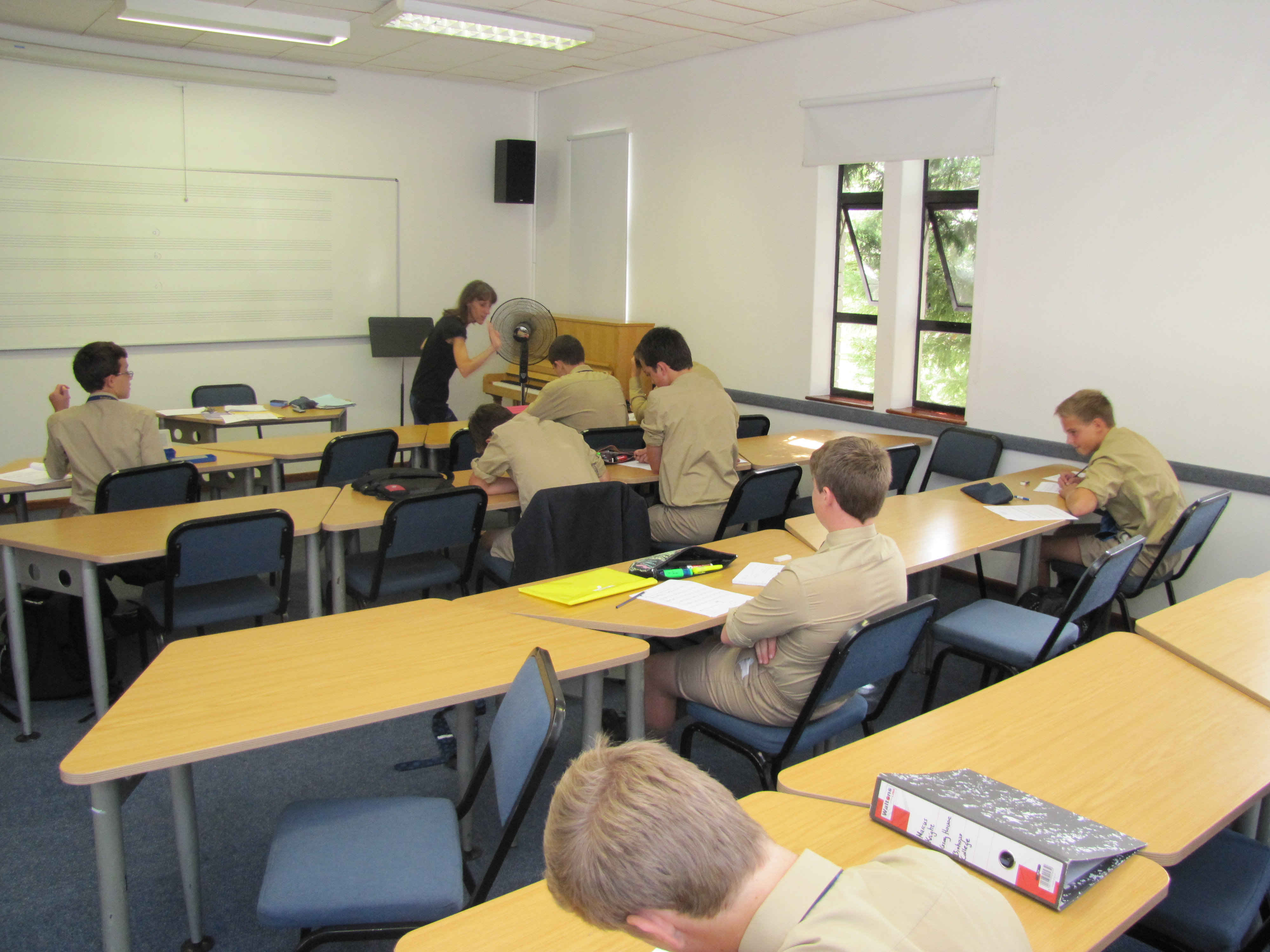
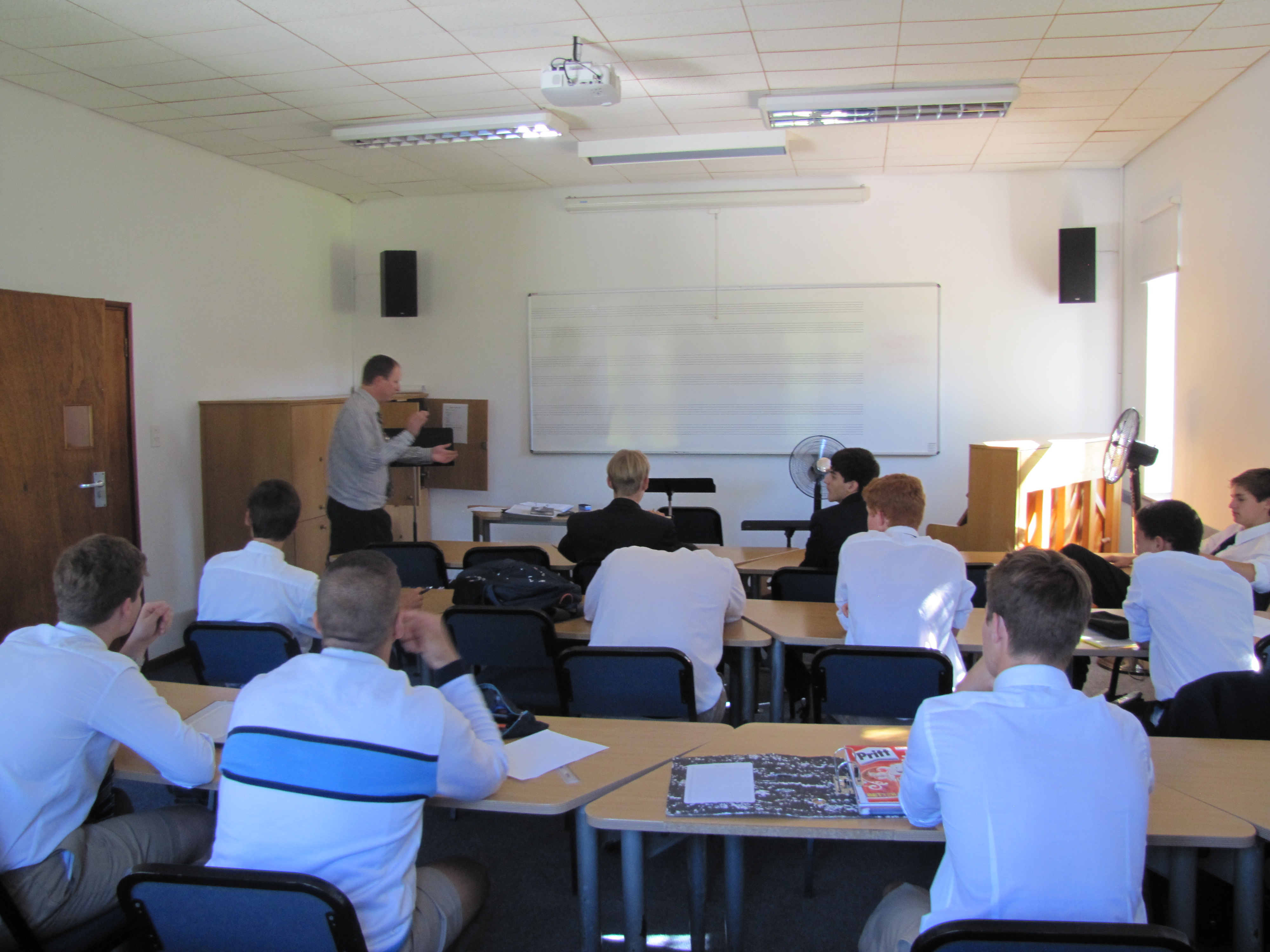
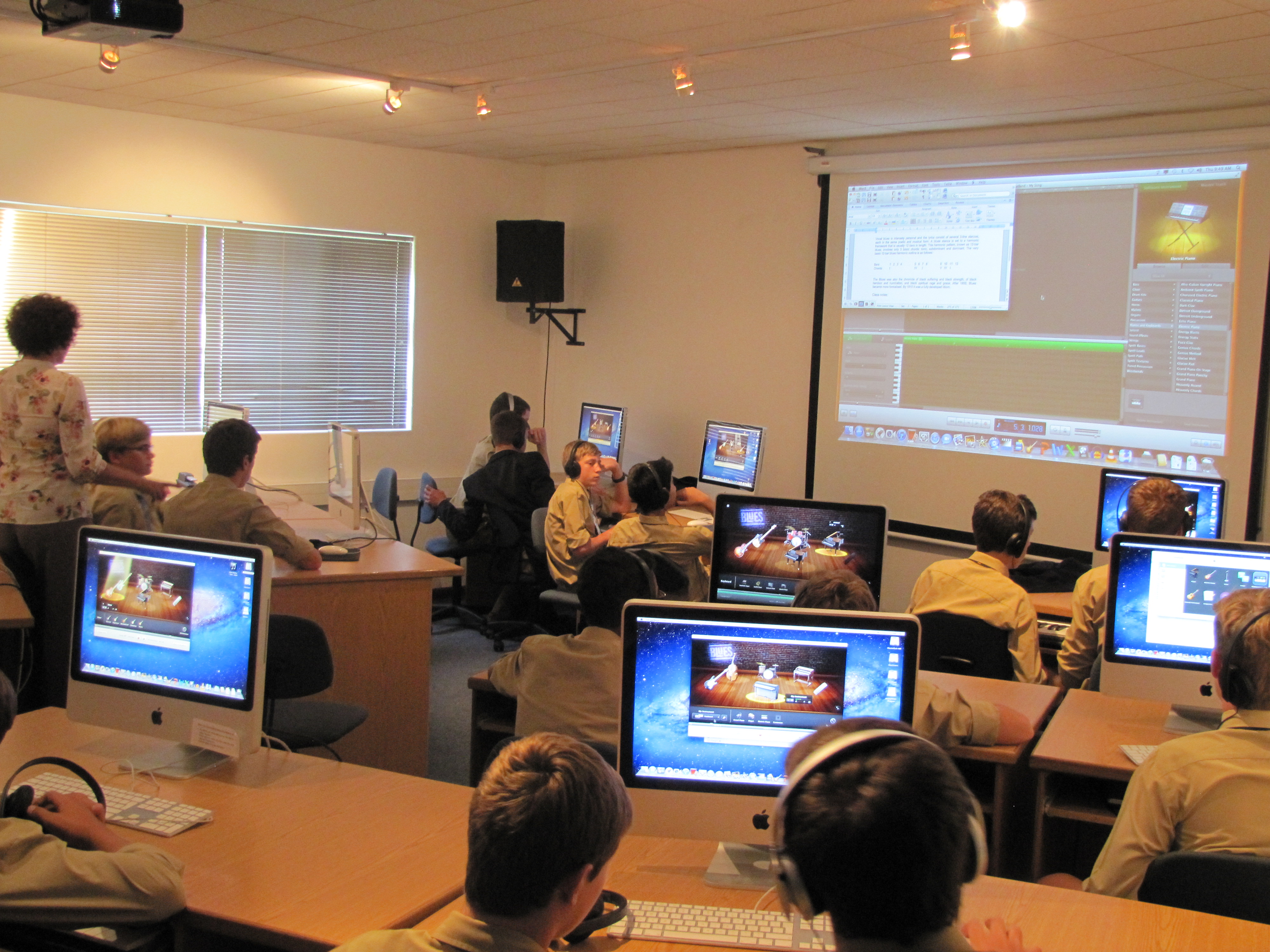
Music as a FET Subject
Music as a subject in Grades 10–12 provides students with a thorough theoretical background in music (Harmony), as well as a general overview of different musical styles (History and Music Comprehension). The course offers an excellent opportunity to develop artistic and creative skills as part of the academic curriculum. Included in this curriculum is exposure to music technology and relevant computer software, as well as an understanding of the workings of the music industry. A large portion of the course is practical, encompassing both solo and ensemble work (with the FET syllabus placing greater emphasis on ensemble work).
Practical and written exams take place in June and November; the practical exam counts 50% of the total mark. Continuous assessment is ongoing throughout the year.
It is expected that subject students will be members of the choir and/or an ensemble, as the music department regards this as core to the students’ overall musical development. Lessons on a student’s first musical instrument are free for those taking Subject Music in Grades 10–12.
